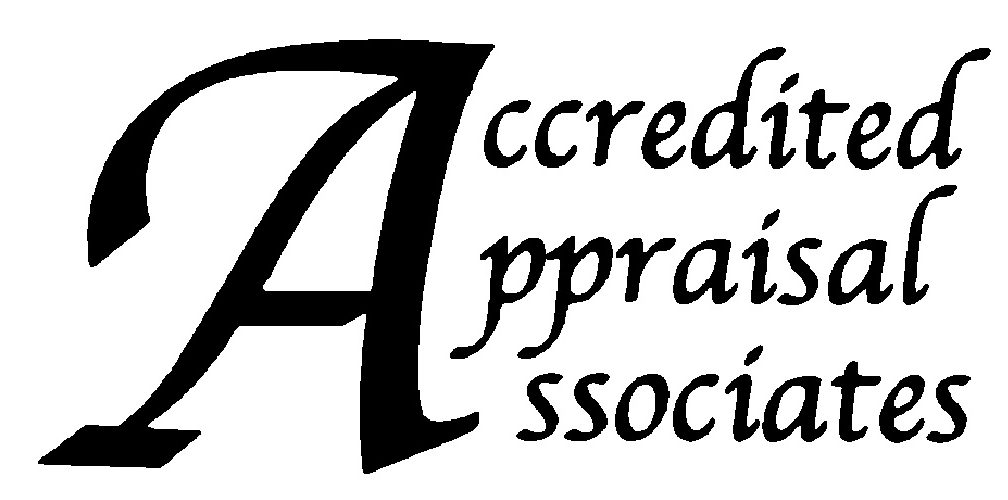Any appraisal report, if adequately prepared in accordance with the requirements of the Uniform Standards of Appraisal Practice, requires the time and expertise of an accredited appraiser who is competent [as determined by knowledge, education, and experience] to appraise properties of the type to be included in the subject report. Research specific to the subject property (ies) will be conducted and analysis of that research (to include recent sales/offers/opinions of experts) will be done. Then the appraiser will prepare a concise and logical report that includes and explains the definitions, processes and methodology that resulted in the conclusion(s) of value.
Thus an appraisal report is a professional service on par with other services, including those by attorneys and CPAs, and generally equivalent in cost. A qualified appraiser has expended years in education, spends considerable research and writing time in preparing the report, and has large overhead expenses including research library, database subscriptions, clerical assistance, photographic and computer equipment and other normal office expenses. Accredited Appraisers are also required to complete a minimum of 100 hours of continuing education every five years to maintain their accreditation.
The appraisal report that results from the process is a legal document. It can be used for estate settlement or division, equitable distribution in a divorce, estate tax or charitable donation credit for IRS or state tax returns, bankruptcy proceedings, insuring objects, and other uses. Such appraisal reports must present a reasoned, logical and reliable argument of value through presentation of the relevant facts. Further, in appraisal matters that will be used for any IRS purposes, the appraiser has a personal liability and will incur fines and be prohibited from performing appraisals for the IRS if the IRS determines that the value conclusion was overstated. In addition, the client may be fined.
If you strictly want to find out what a piece might be worth before consigning it to an auction house for sale, then you probably do not need an appraisal. If the value of the property is relatively minor, expending the funds for an appraisal might be a waste of time and money.
Additionally, every appraisal report is performed for a single type of value and a single intended use. It would be improper, for example, to use a replacement value appraisal report performed for scheduling insurance as the basis for estate equitable distribution or charitable donation.
